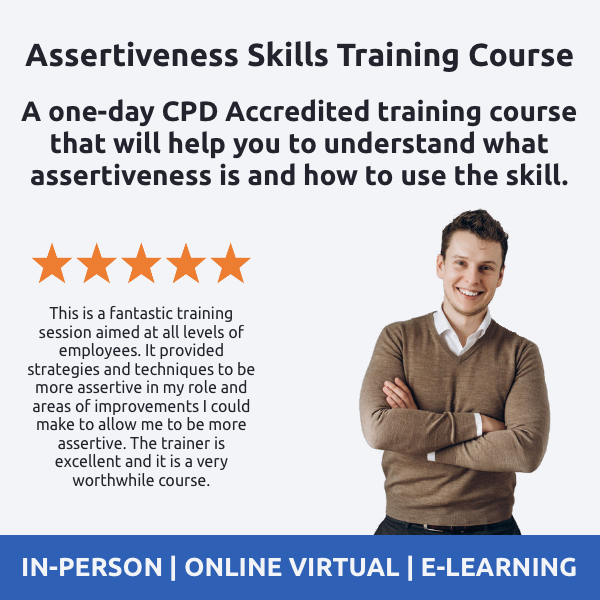[toc]
Assertive Decision Making
Making decisions is something we all need to do at times, but sometimes we struggle to make them. Sometimes we focus too much on the things that are trivial and small or that have little or no impact on our lives.
Doing this leaves little time to make the big important decisions that really affect us. This is why when we make decisions they should be made assertively.
What is Assertive Decision Making?
If you don’t know what being Assertive is, in a nutshell it’s taking control of yourself, your feelings and your emotions and not letting gut or instinctive reactions take as much control as they would do normally. Making decisions assertively works in exactly the same way. You can learn more about assertiveness in our assertiveness skills training course.
Each time you need to make a decision, rank its importance on the significance of the decision and the impact it will have in your life.
Use Time to Make Big Decisions
For example, choosing what film to see at the cinema or what to have for dinner are not massive decisions. You could spend too much time choosing what film to see, and at the end you may feel disappointed that you wasted your time if the film wasn’t that great. This feeling of disappointment probably comes from the fact that you spent so much time deciding what to see in the first place.
Here’s the thing though – you’re still alive! The fact that the film was rubbish hasn’t impacted on your life, your health, your family, your job or your friends. In fact it in the grand scheme of things it wasn’t such a big decision to make at all. So why waste the time making the decision if it has little or no impact?
Deciding whether you should get married, have a child, move job or ask for a promotion or pay rise – now those are big decisions. It’s these type of decisions that you should be spending your time making.
Rank Your Decisions
As I mentioned before, if you need to make a decision, rank it. Use a star system for example and rate each decision against it. For example, deciding what film to see may be a one star. Deciding whether to move job maybe five stars. Base the rating system on the impact it will have on your life if it was to go wrong.
The trick is to make low rated decisions quickly. Don’t ponder for ages on what film to see, decide quickly. OK, so you may have lost a few pounds in cash seeing the film, but you’re still alive at the end of it.
Instead spend your valuable time making the decisions that will impact on you. For example if you decide to move jobs, think about the pro’s and con’s of it. Will you truly be better of moving? Why do you want to move? How could you improve your current job? Get the idea? Only make these big decisions after careful consideration.
So in general, making decisions assertively is about rating the decision, make the small decisions quickly and spend your time on the bigger things that will impact on your life.
Assertiveness Skills Training Course
If you want to learn more about how to make assertive decisions or about assertiveness in general, our Assertiveness Skills Course can help with all aspects of assertiveness skills.




